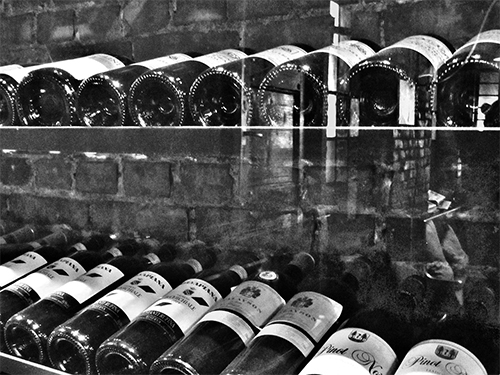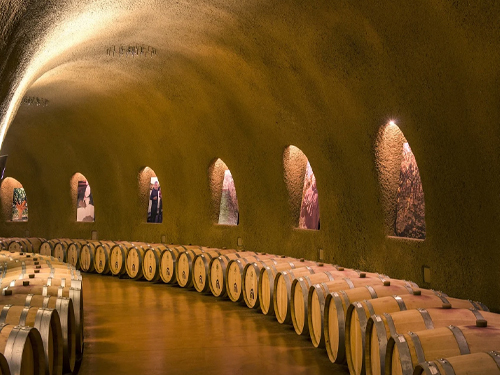Rédigé le 07/10/2020
La langue du vin

Le vin a son langage, son parler. Il se discute autant qu’il se déguste. De l’érotisme au scientifique, le lexique vinicole est vaste et parfois mystérieux. On a entendu mille fois les termes sans jamais avouer ne pas les comprendre. Voici une sélection de mots à connaitre et maitriser pour parler « vin » sans se prendre les pieds dans la vigne…
UN VIN AMPLE
C’est une qualité appréciée lors de la dégustation du vin. Elle définit un vin qui a des arômes multiples et différents, que l’on peut sentir longtemps après l’avoir senti ou goûté. Que l’on soit connaisseur ou amateur, il est toujours intéressant d’en discuter avec les autres convives, sans jugement ni snobisme sur les mots employés par les uns ou les autres pour définir ce qu’ils ressentent. On ne peut qu’être surpris par les mots exotiques alors utilisés par certains !
UN VIN PIQUÉ
Cette fois-ci, nous parlons d’un défaut. C’est une odeur désagréable de vinaigre, dû à un trop plein d’acide ascétique. Un vin piqué, c’est de la piquette !
LE MARC
C’est un résidu de pépins et de peau de raisin. On presse le marc pour en extraire le jus et faire du vin. On peut aussi le distiller et obtenir du marc de Bourgogne, qui servira de digestif ou entrera dans l’affinement de l’époisses. Certains bons vivants remplissent aussi le petit puits formé par la croûte du Langres, pour flamber le marc et ensuite déguster le fromage…
En Champagne, c’est aussi le nom donné à un certain volume de raisin acheté par un négociant : 4 000 kg.
TANNIN (ou tanin)
C’est une substance qu’on retrouve dans les pépins et la rafle (une impression de déjà vu ?) et qui, une fois le vin fait, participe de sa conservation. On la retrouve surtout dans les vin rouge et participe de leur conservation. Elle évolue constamment et change le gout avec le temps.
Voici quelques pages cornées au dictionnaire sans fin du vin. Nous aurions encore pu parler de la biodynamie, vin complet ou du bâtonnage… ce n’est que partie remise !













